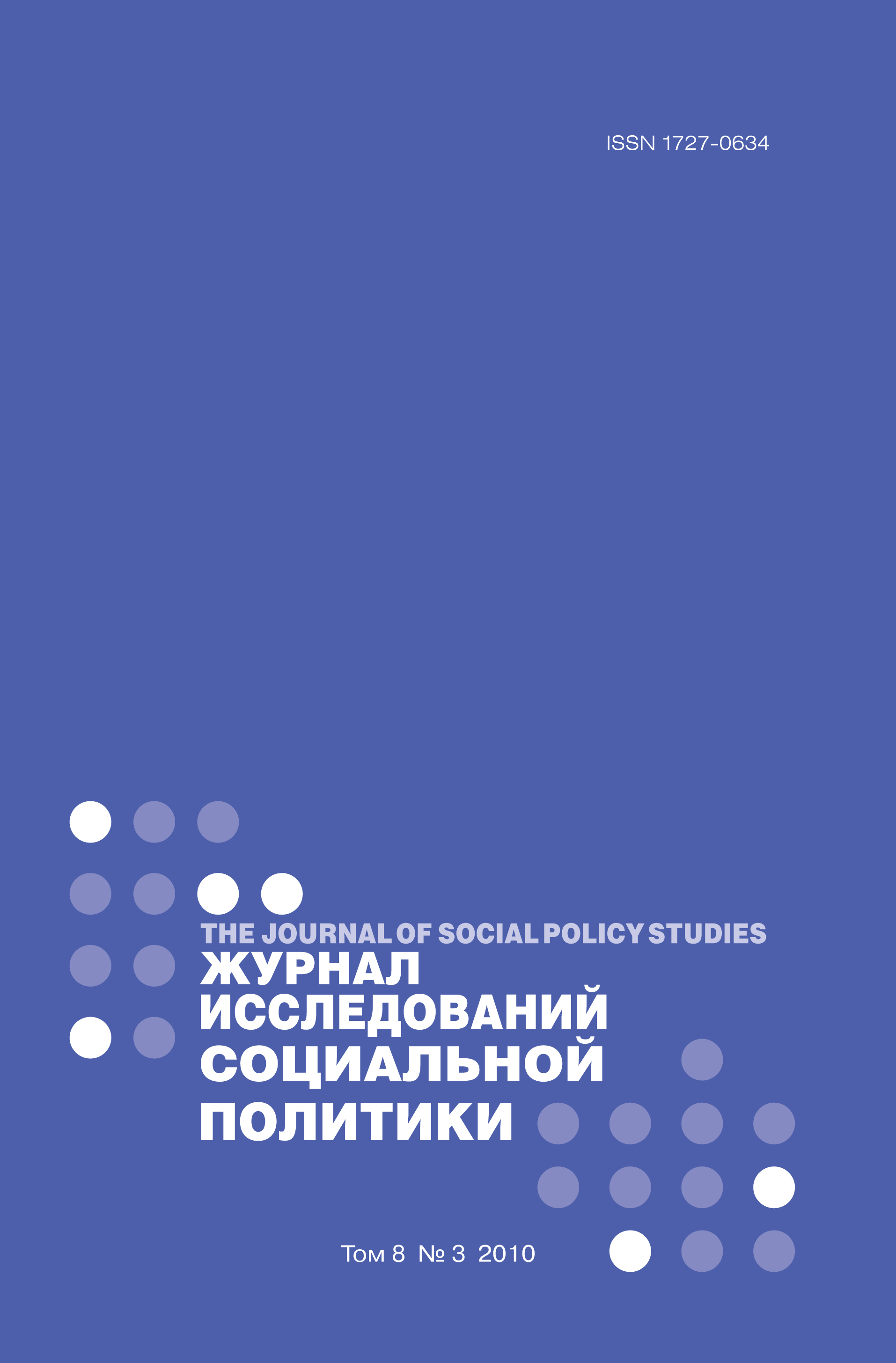Modern polish family: challenges and threats of post-modernity
Abstract
Social change in Poland must be considered within a framework of continuing transition from communist systems across Eastern Europe from 1989. What make Poland a special case are factors such as intensive migration, the apparent survival of ‘traditional’ family values and the significant impact of Catholic Church on public opinion. In Poland family policy is also transformed under the pressure of general trends affecting most post-communist societies such as changes of benefits’ policy and the development of the labour market. This article focuses on the diverse tendencies in the contemporary Polish family by considering how new forces in values (such as liberalism or individualism) have been absorbed in competition with traditional values in the evaluation by ordinary people of what makes a family ‘good’ or ‘correct’. Data is used from interviews with families gathered throughout Poland. They reveal how difficulties arise in orientating oneself with modern values, especially in how men and women interpret their gender roles in the family and in what manner it is acceptable to resolve problems in the family. In many ways, the declared values of a family do not correspond to the actual practice of their family lives. The results show a great variety in openness to these new values with the majority not taking a firm position on a preference for traditional or postmodern values. As such, the majority of families feel pressure from both value sets to conform to contradicting directives as how to best manage family life. Often this crisis in values can push families closer to collapse and crisis. The assimilation of postmodern values can affect the functioning of a family depending on how fully and consistently they adopt these values. Overall, the results contradict the popular beliefs about the homogeneity of Polish society in the area of family values and indicates the spectrum of values’ systems presented in modern Poland.















